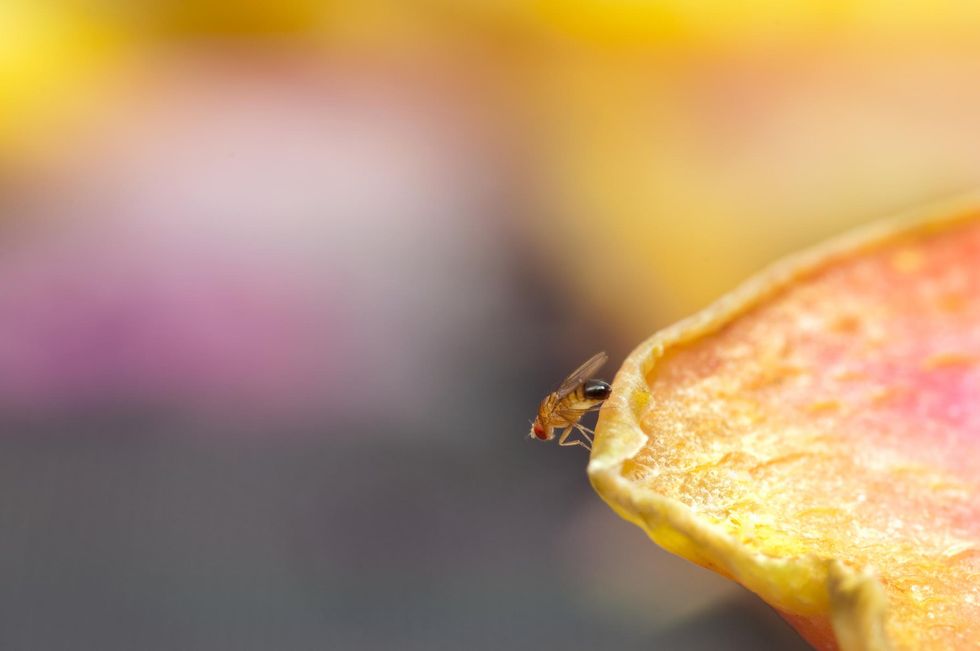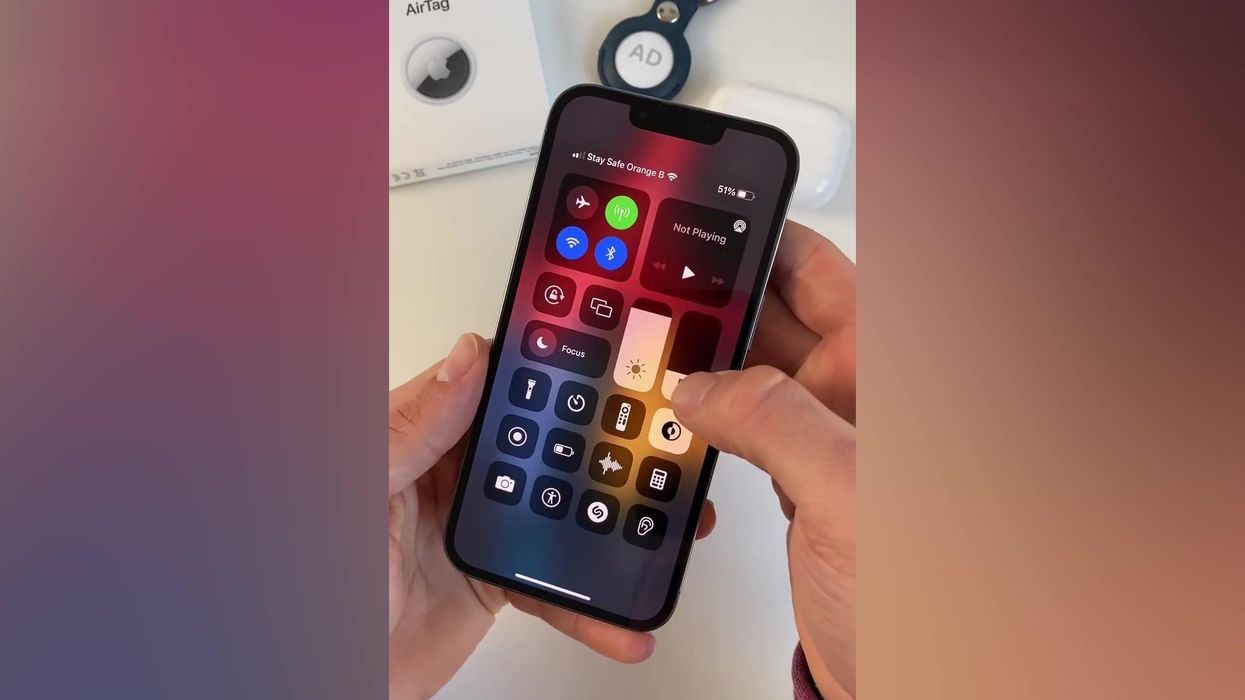Sinead Butler
Jun 10, 2022
iPhone hack teaches you how to stop thieves turning your phones tracker ...
Instagram/appledsign
Most of us spend hours each day using our phones, computers and watching TV, but a new study has found this could impact our lifespan.
People spend around 4.5 hours each day on average looking at their phones, according to app monitoring firm App Annie, while a poll has shown that adults will spend the equivalent of 34 years of their lives looking at screens.
Given the increased amount of time, our eyes are staring at their screens the new research from Buck Institute for Research on Aging has shown how light exposure affects our lifespan.
Sign up to our free Indy100 weekly newsletter
This relationship was examined through the study of fruit flies because they are comparable to humans in terms of their biological processes.
It was concluded that the fruit fly's eyes "can directly regulate lifespan" which lead author Dr Brain Hodge said was a "surprise."
He explained the reason behind this is to do with circadian rhythm - the body's 24-hour clock - which operates in each cell of the body and has "evolved to adapt to daily stresses" for example, changes in light and temperature.
Due to this, the rhythm also controls hormones that make us tired or hungry according to when there is daylight.

So being exposed to light at night time through phone, TV, and computer usage can confuse and disrupt the circadian rhythm and in turn have negative consequences on our health.
"Staring at computer and phone screens, and being exposed to light pollution well into the night, are conditions very disturbing for circadian clocks," senior author, Dr Pankaj Kapahi said.
"It messes up protection for the eye and that could have consequences beyond just the vision, damaging the rest of the body and the brain."
It's not the first time the circadian rhythm of fruit flies has been examined, in a previous study the same researchers looked found that the insects' lifespan could be extended through diet restriction, which also affected their circadian rhythms too.
In an effort to see which genes worked like a clock, they discovered diet has a big effect - with all the rhythmic genes activated coming from the eye, specifically from photoreceptors, the retina neurons that respond to light.
As a result, researchers then looked into whether light exposure to the eyes can cause photoreceptor degeneration, inflammation and shorten our lifespan overall.
They found that fruit flies who were in constant darkness had longer lifespans.
"Dysfunction of the eye can actually drive problems in other tissues," Professor Kapahi said.
"We always think of the eye as something that serves us, to provide vision. We don’t think of it as something that must be protected to protect the whole organism," he added.
Have your say in our news democracy. Click the upvote icon at the top of the page to help raise this article through the indy100 rankings.
Top 100
The Conversation (0)














